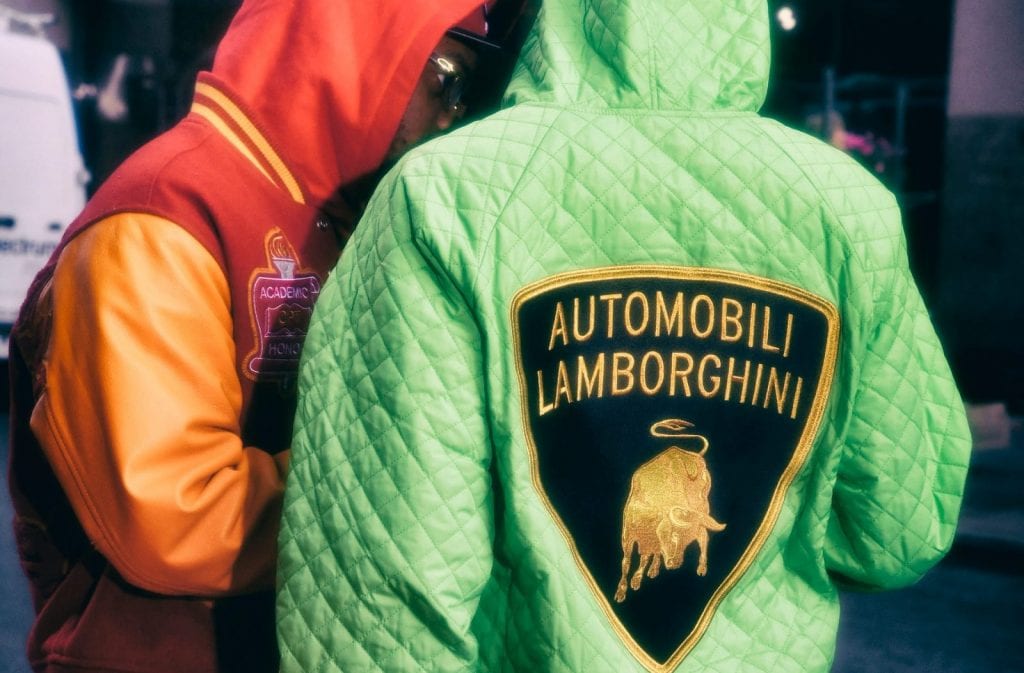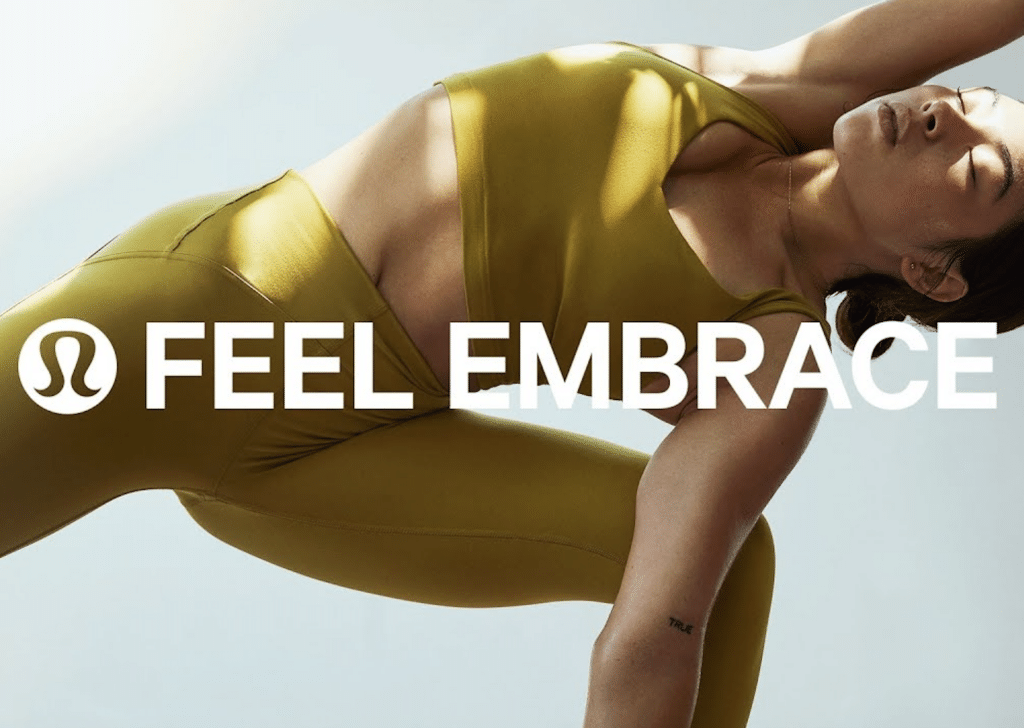Car brand as fashion brand? It is not a completely outlandish idea. After all, nestled in between the seasonal runway shows of designers to the stars, such as Oscar de la Renta, Ralph Lauren, and Marc Jacobs, and budding young domestic talents, was – for several years – an interesting name, one that was less associated with high fashion than it was with fast cars. Porsche Design. While the brand has been offering up products without four wheels for decades in Europe, Americans were never able to “get over the fact that Porsche Design is not about cars, but instead about clothes,” as noted in Vogue Runway’s review of the German car-brand slash fashion-brand Fall/Winter 2015 collection.
Porsche Design’s offerings have evolved quite a bit over the years. In lieu of the Pierre Costin-created minimalist Japanese-inspired frocks and statement-making outerwear that were shown on the runway, the brand has opted for to focus almost exclusively on activewear and premium- but-straightforward apparel, such as polo shirts, v-neck sweaters, i.e., things for its customers to wear while driving their Cayennes or 911s.
There are also a whole lot of accessories – from eyewear and luggage to sneakers, at least some of which come from a partnership with Puma, which was announced in early 2019, and which sees Porsche Design and Puma hoping “to attract some of the car brand’s big spending customers,” per Reuters.
And they are hardly the only ones doing so. The Porsche Design venture comes as part of a larger trend among high end car manufacturers, which, as a whole, have turned their attention to apparel and accessories over the years, in an effort to cater to their customers between car purchases and pad their bottom lines.
As the New York Times wrote in 2015, “Several luxury automakers, including Bentley, have been expanding the lines of goods they sell that have little to do with cars. [In February 2015], Bentley, a British brand, announced its fifth men’s fragrance in the last two years.” Similarly, the paper’s Rebecca Ruiz noted, Ferrari – one of the first bona fide modern luxury brands – “stamps its prancing horse logo on Tod’s loafers, Oakley sunglasses,” and other products as part of its partnerships and some 70 license deals, the latter of which see third party manufacturers pay for the legal right to put Ferrari’s trademarks on their products.
As of 2015, Maranello, Italy-based Ferrari – whose car prices start at a cool $200,000– was bringing in a reported $2.6 billion in annual sales from licensed merchandise, alone, ranking in the number 23 position on the list of top global licensers of all companies … not just car manufacturers.
Ferrari has since pulled way back on its licensing activities; the privately-held automaker first revealed in January 2019 it would overhaul its licensing operations since “some of the products [that Ferrari currently offers] do not fit our brand image and our luxury positioning,” Ferrari CEO Louis Camilleri followed up in November, asserting that Ferrari’s “current offerings are too stretched and are in danger of diluting our very precious brand equity.”
The solution: the Enzo Ferrari-founded brand will “reduce its current licensing agreements by some 50 percent,” eliminate “some 30 percent of the product categories in which we participate,” and position itself more upmarket by way of new partnerships, such as one with Giorgio Armani SpA, which is expected “to help push the supercar maker’s handbag and clothing lines into the premium-price space,” per Bloomberg.
Meanwhile, “Lamborghini, Maserati and Tesla offer leather goods, from briefcases to bracelets.” Still yet, Aston Martin’s CEO Andy Palmer has spoken of his plans to turn the James Bond-favored car company into a luxe lifestyle brand, saying in 2017 that categories “such as clothing, are big business for luxury car makers with enviable brands.”
Recently, Lamborghini revealed that it was teaming up on a clothing and accessories collab – but not with just any partner, with buzzy streetwear brand Supreme. The seven-piece collection, which dropped online on April 2, saw Supreme slash Lamborghini’s name and famed bull logo on quilted jackets, hockey jerseys, skateboards, jumpsuits, and beanies, among other things.
As for what is driving automakers’ pushes into lifestyle wares, their MO seems to be two-fold. While the average consumer is becoming increasingly less loyal to specific brands, luxury car buyers tend to be both loyal and enthusiastic – and almost always have a whole lot of money to throw at their car-maker of choice. In this vein, not only do these “brand extensions by luxury automakers [enable them to] maintain customer loyalty between car purchases,” according to Ruiz, they also help brands to set themselves up for the future by potentially capturing “aspirational buyers years before they can afford the cars themselves.”











